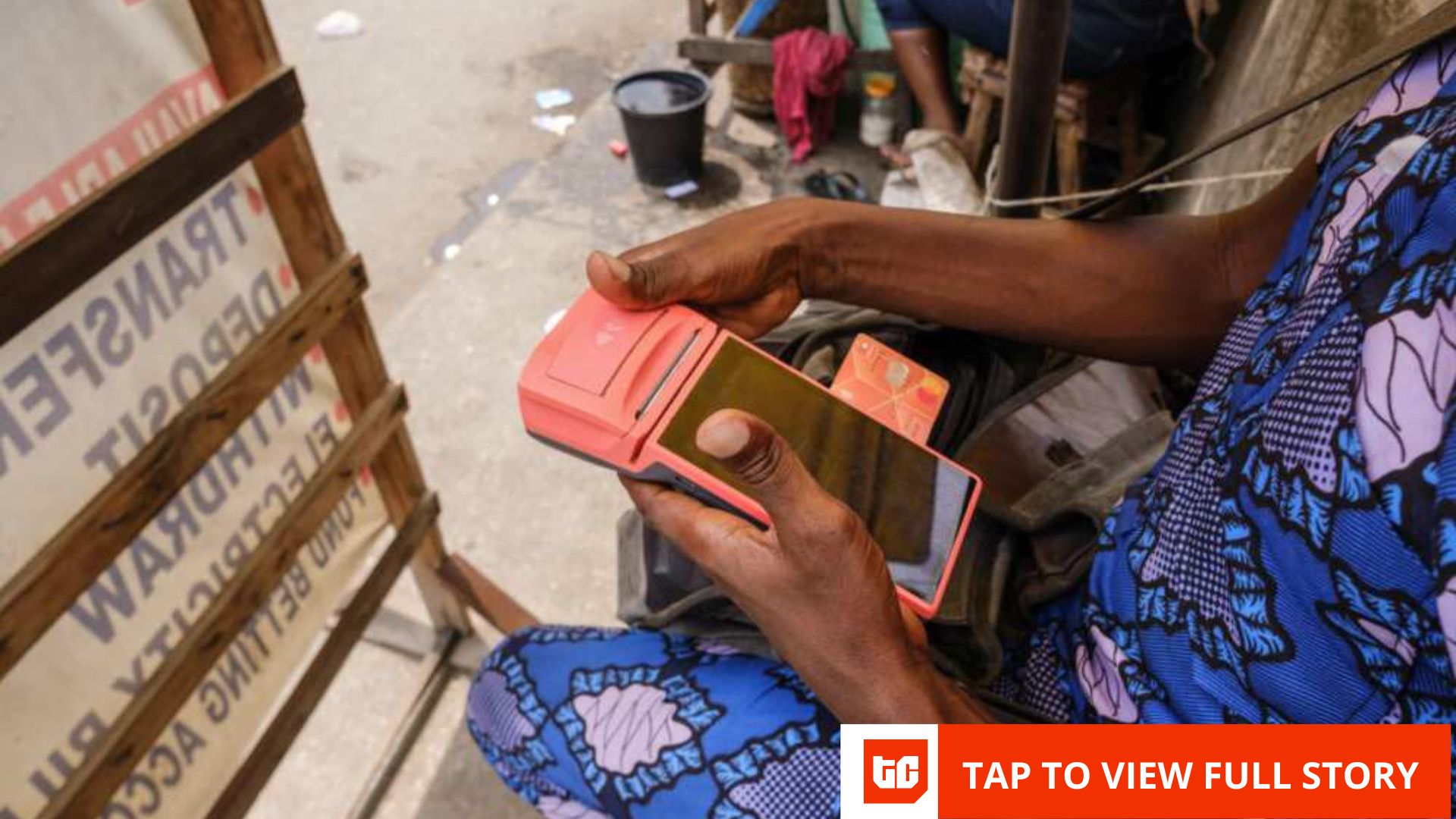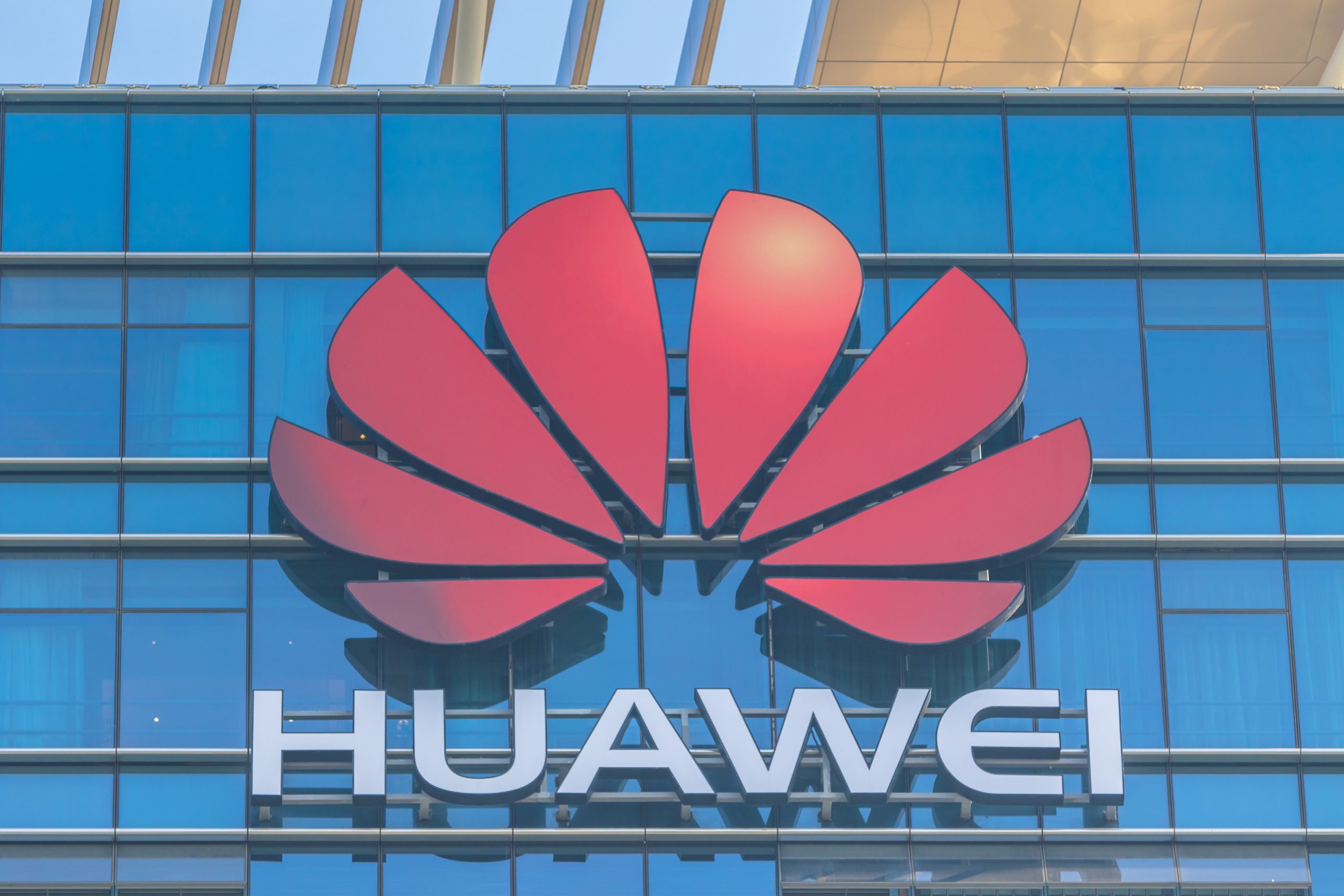Every morning on his walk to the BRT bus stop at Berger, Temiloluwa Toluwase hears the same chorus, “PoS here,” from multiple people almost shoving a PoS terminal in his face. The marketing executive says it is the same scene on both sides of the bridge when he returns in the evening.
Across Lagos, Point of Sales (PoS) agents hawk their services at bus stops, parks, and market entrances. The IMF estimates there are 1,600 PoS operators per square kilometre in Nigeria, making them nearly impossible to avoid.
This commodification of PoS terminals led to a record transaction of ₦10.51 trillion in the first quarter of 2025, a 301.67% increase from ₦2.62 trillion in Q1 2024, according to new data from the Nigeria Inter-Bank Settlement System (NIBSS).
Given that Q1 had 90 days, this works out to ₦116.79 billion per day, ₦4.87 billion per hour, ₦81.11 million per minute, and ₦1.35 million per second, underlining PoS’s increasing role as a primary means of cash for many.
“People are buying and selling. People are withdrawing and transacting,” Oluwagunwa Ibirogba, chairman of the Lagos Association of Mobile Money and Bank Agents in Nigeria (AMMBAN), told .
From ATMs to PoS
Since their introduction in 2013, PoS terminals have overtaken ATMs as the default option for many Nigerians. By March 2025, there were 8.36 million registered PoS terminals, with 5.90 million active/deployed, a 119.46% rise from 2.69 million active terminals in March 2024.
By contrast, the number of active ATMs fell to 16,714 in the first half of 2024, from 17,377 in the second half of 2023, according to the Central Bank of Nigeria (CBN)’s most recent data. Total ATM transaction value also fell by 10%, from ₦13.58 trillion to ₦12.21 trillion.
The IMF notes that Nigeria has just 14 ATMs per 100,000 adults, compared to 31 in Egypt. However, with a population of around 216 million, there is roughly one PoS terminal for every 26 Nigerians.
“I have not used an ATM since 2023, when I was still in school,” said Princess Ashante, a social entrepreneur. “There is a PoS machine almost everywhere I turn.”
The CBN attributes the spread of PoS terminals to convenience and speed, as changing consumer behaviour and banks’ focus on digital services led to the decline in ATM use.
Fintechs lead PoS drive
Fintech companies have been at the forefront of these rollouts. Moniepoint has over one million active terminals and claims to process over ₦10 trillion monthly. Over 33 million people used its terminals monthly in 2023. PalmPay reports over 1.1 million onboarded businesses and over 600,000 merchants, while OPay claims that over 1 million businesses depend on it.
Unlike banks, the initial pioneers of the PoS rollout, fintechs aggressively targeted Nigeria’s close to 40 million Micro, Small, and Medium Enterprises (MSMEs), building dense agent networks in urban and rural communities.
Banks are beginning to notice. Guaranty Trust Bank removed processing fees on its PoS terminals to attract small businesses in February 2025, and United Bank of Africa launched an upgraded PoS terminal to deepen retail and agency banking in April.
As Ibirogba puts it, “Banks are beginning to pay attention, but they may struggle because of size. Fintechs are more fluid.”
A 2023 study on the evolution of POS technology in Nigeria’s banking sector notes that even if banks don’t win the distribution war, they remain essential as they provide the financial backbone for POS transactions and serve as partners to fintechs and payment processors.
Financial inclusion and unintended consequences
Beyond increasing access to cash, PoS agents have deepened financial inclusion, which stood at 64% in 2023, according to Enhancing Financial Innovation and Access (EFInA).
Oluwatomi Eromosele, general manager and research manager at EFInA, referred to this as evidence of technology reaching the underserved, noting that agents have extended formal financial services to approximately 11 million Nigerians who were previously unbanked, as mentioned in a 2024 EFInA podcast.
However, PoS agents are becoming a victim of their own success and access. Agents face harassment and even arrests when transactions later link to fraud, kidnappings, or ransom payments.
“Agents are in prison or detention for transactions. To them, it was an innocent transaction, but it later turned out to be a scam, kidnapping, or ransom taking,” Ibirogba told .
While PoS operators have played a big role in improving financial inclusion and access, rising concerns about limiting liquidity in the formal banking system and complicating inflation control exist.
“All that cash that would have come into the system for us to process and re-issue is being held by these POS operators. We discovered it and are working on it,” said Olayemi Solaja, the CBN’s then-acting director of currency operations in 2024.
In 2022, a CBN policy partially aimed to rein in high inflation and capped daily ATM and PoS withdrawals. This reduced currency in circulation from ₦3.01 trillion in December 2022 to ₦982.1 billion in February 2023, according to CBN data.
However, with the policy relaxed, and deployed PoS terminals rising from 1.68 million in February 2023 to 5.90 million in May 2025, currency in circulation surged to ₦5.01 trillion in June 2025, with 89.76% held outside the bank.
Excess cash outside the banking system impacts CBN policies such as the cash reserve ratio and lending rate, which are crucial monetary policy tools.
However, unlike in 2022, regulators are treading gently. “We cannot jeopardise our financial inclusion advocacy,” CBN’s Solaja noted.
To curtail excesses, the apex bank imposed a ₦1.2 million daily cash restriction on PoS agents and a ₦100,000 daily transaction limit on customers at the end of 2024, mandating banks to ensure that their ATMs always have cash.
According to Ibirogba, the policy is fully in effect. “Most fintech operators are doing their best to ensure compliance,” he said. “But some agents try to circumvent the system.”
AMMBAN’s Lagos chairman argues that collaboration is essential for cleaning up the PoS space. Associations, banks, fintechs, and regulators must work together. “The commoditisation of the naira has happened because of the inability for collaborative works,” he said, mentioning that the organisation is in talks with the National Orientation Agency to launch a nationwide campaign to improve the PoS space.
PoS operators stepped up when Nigerians needed cash, especially during the crisis of 2023, but their increasing dominance is now seen as an obstacle to a system trying to reduce its reliance on cash.
Mark your calendars! Moonshot by is back in Lagos on October 15–16! Join Africa’s top founders, creatives & tech leaders for 2 days of keynotes, mixers & future-forward ideas. Early bird tickets now 20% off—don’t snooze! moonshot..com













